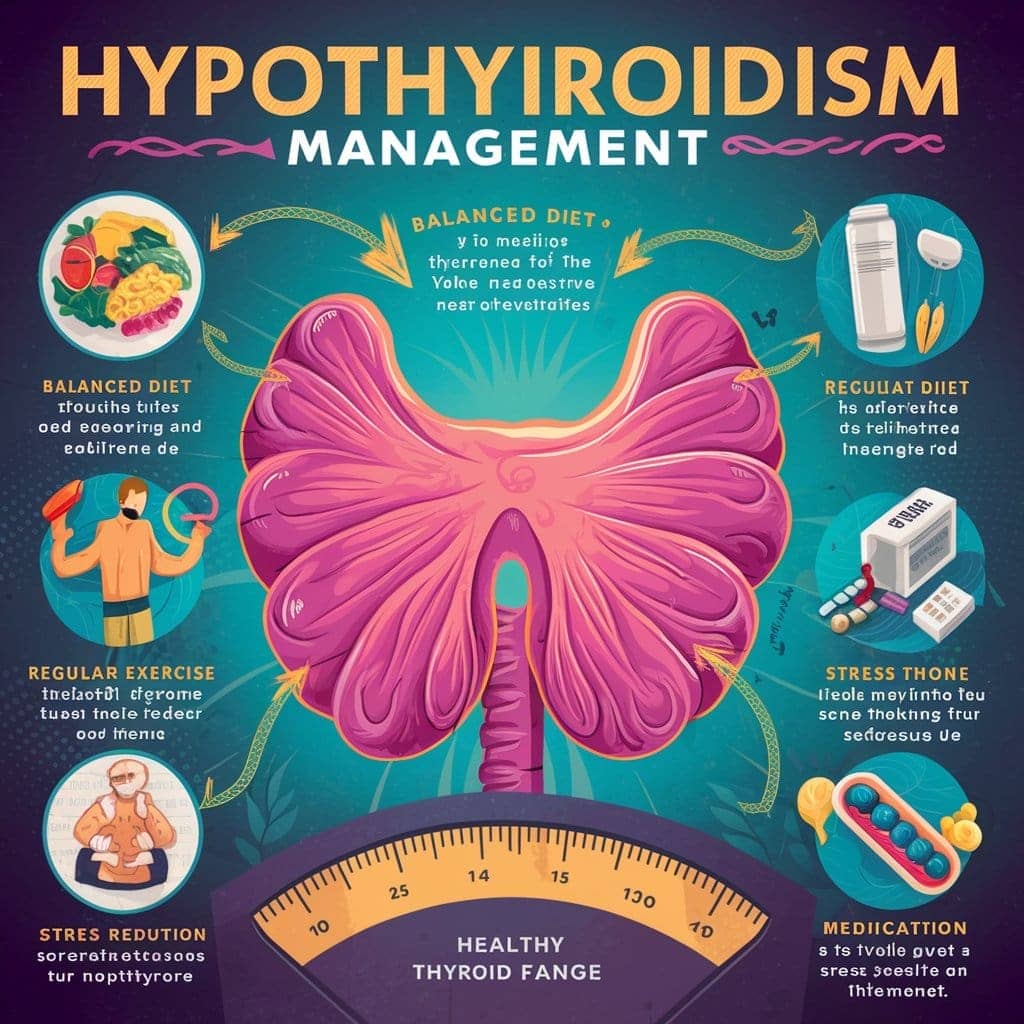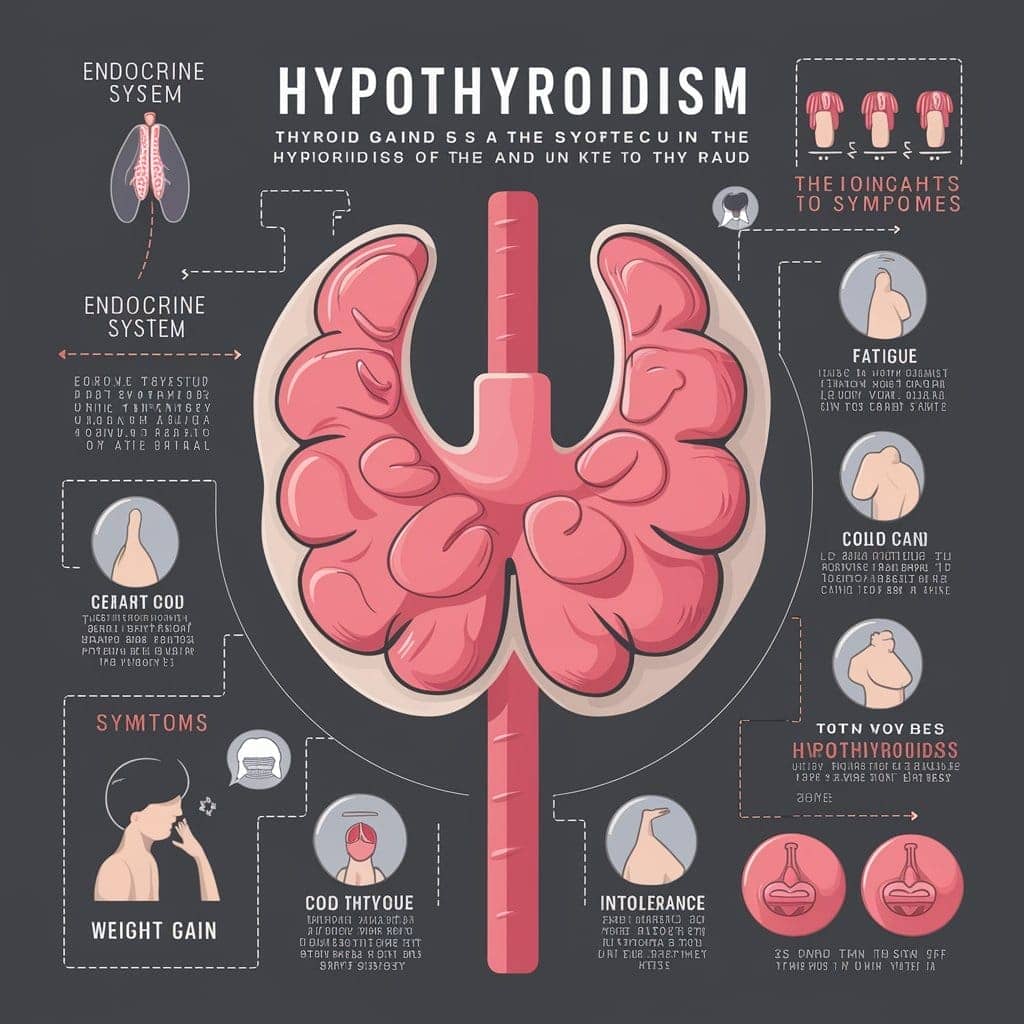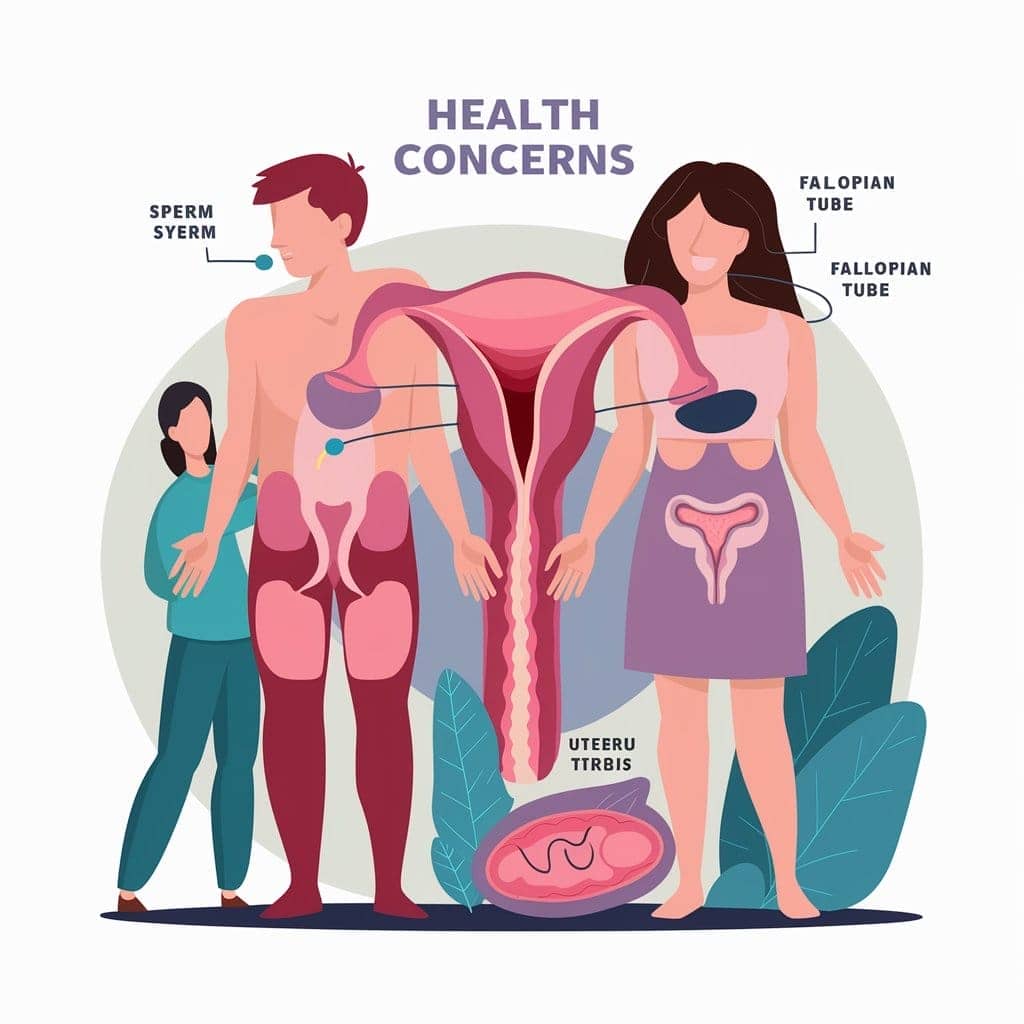The Ultimate Guide to Hypothyroidism Supplements

The gummies of hypothyroidism are a favorite of chewable and flavorful dietary supplements. It’s much safer to avoid gummy supplements related to hypothyroidism. However, hypothyroidism is a condition in which the thyroid gland doesn’t produce enough thyroid hormones.
Some of the supplements may contain iodine or other things that could interfere with thyroid medication or worsen hypothyroidism symptoms. Hence, people with hypothyroidism need to consult their doctor before they take any form of supplement, such as gummies, in order to have assurance that they are safe and suitable for their situation.
Symptoms of Hypothyroidism:
- Fatigue: Individuals with hypothyroidism often complain of constant fatigue and low energy levels.
- Weight Gain: A slow metabolism can lead to unexplained weight gain.
- Cold Sensitivity: Feeling excessively cold, especially in extremities.
- Dry Skin and Hair: A reduction in thyroid function can adversely affect the health of skin and hair.
- Depression and Mood Changes: Thyroid hormones influence mood regulation.
- Constipation: Slowed digestion can cause constipation.
- Muscle Weakness: Weakness and muscle aches are common.
- Memory Issues: Difficulty concentrating and memory lapses.
Hypothyroidism Management:
- Medication: Most cases of hypothyroidism are managed with synthetic thyroid hormone replacement (e.g., levothyroxine). Regular medication helps restore hormone levels.
- Diet and Lifestyle: A balanced diet that includes enough iodine, selenium, and zinc helps promote thyroid health. Regular exercise, coupled with stress management, is important.
- Supplements: Certain supplements can complement thyroid function. Gummies come in handy here.
Gummies for hypothyroidism:
- Iodine: Iodine helps in synthesizing thyroid hormones. Some gummies may contain iodine, aiding in thyroid health. Before starting any supplement with iodine, consult your doctor.
- Selenium: Selenium supports thyroid function and helps to convert T4 to the active T3 form. Gummies that are rich in selenium can be effective.
- Vitamin D: Vitamin D deficiency has been connected to autoimmune thyroid conditions. Gummies carrying vitamin D can help improve overall health.
- Zinc: Adequate levels of zinc are essential for thyroid function, so the zinc gummies can be a convenient source of it.
- Adaptogens: Adaptogenic herbs like ashwagandha or Rhodiola are some examples included in some gummies. These herbs are believed to help with stress management and support thyroid health.
Important Considerations:
- Not a Cure: No, thyroid supplements—even prescription medication—do not cure hypothyroidism. They address the symptoms and normalize hormone levels.
- A doctor’s consultation is essential. Always be very careful not to rely on just self-diagnosis and supplements. A doctor will always be there for proper diagnosis and monitoring of thyroid function.
- Effectiveness Varies: These gummy supplements may work for some, though they are likely not as potent as regularized medication.
- Potential Interactions: Possibly, some ingredients found in gummy supplements can negatively react with other medications; therefore, they should be viewed with caution by all concerned persons. Speak to your doctor about all supplements.
Remember, while they can be a tasty and convenient way to supplement nutrients, gummies should serve as an add-on for managing hypothyroidism. Regular check-ups and keeping open communication with your doctor are key for thyroid health to be at its best.
Conclusion
While thyroid support gummies may offer you some vitamins and minerals, they’re not a replacement for thyroid medication. Hypothyroidism is a serious medical condition requiring regular monitoring and treatment adjustments by a healthcare professional. If one suspects that they have hypothyroidism or are currently being treated, it is important to discuss the situation with your doctor before introducing any supplements, such as gummies.
FAQ: People also ask
Q.1: Can gummies help with my hypothyroidism?
Unfortunately, gummies alone will not treat hypothyroidism. Hypothyroidism is a condition where your thyroid gland doesn’t produce enough thyroid hormone. The standard treatment is prescription medication (like levothyroxine) to replace those missing hormones. Always consult your doctor before starting any new supplements, especially if you have a thyroid condition.
Q.2: Are there any gummies that are safe to take if I have hypothyroidism?
For instance, some vitamin and mineral supplements may be safe to use for individuals with hypothyroidism, but proper doctor consultation must be done first.
Q.3: I’ve seen “thyroid support” gummies advertised. Do they work?
I recommend looking at gummies with the “thyroid support” label carefully. You may find some of them containing unproven ingredients as well as making false claims. One of the key things to keep in mind is that the FDA regulates supplements in the same way as prescription drugs. To stay on the safe side, you should ideally have this consultation with your physician. You can then decide whether to try the products or not.
Q.4: Are there any natural supplements that can help with hypothyroidism symptoms?
Yet, due to the limited literature on those natural supplements, it must be stated that they can’t replace medications based on thyroid hormones.
Q.5: Is there anything I should be specifically looking out for on a gummy supplement label?
Yes! Here are some things to check for:
- Ingredients: Stay away from gummies that are worded in vague terms, “proprietary blends,” and opt for clear lists of vitamins, minerals, and any herbal ingredients.
- Dosage: Ensure that the levels of vitamins and minerals are safe and don’t interfere with your medicines.
- Certifications: Look for reputable third-party certifications like USP or NSF, which indicate quality testing.



